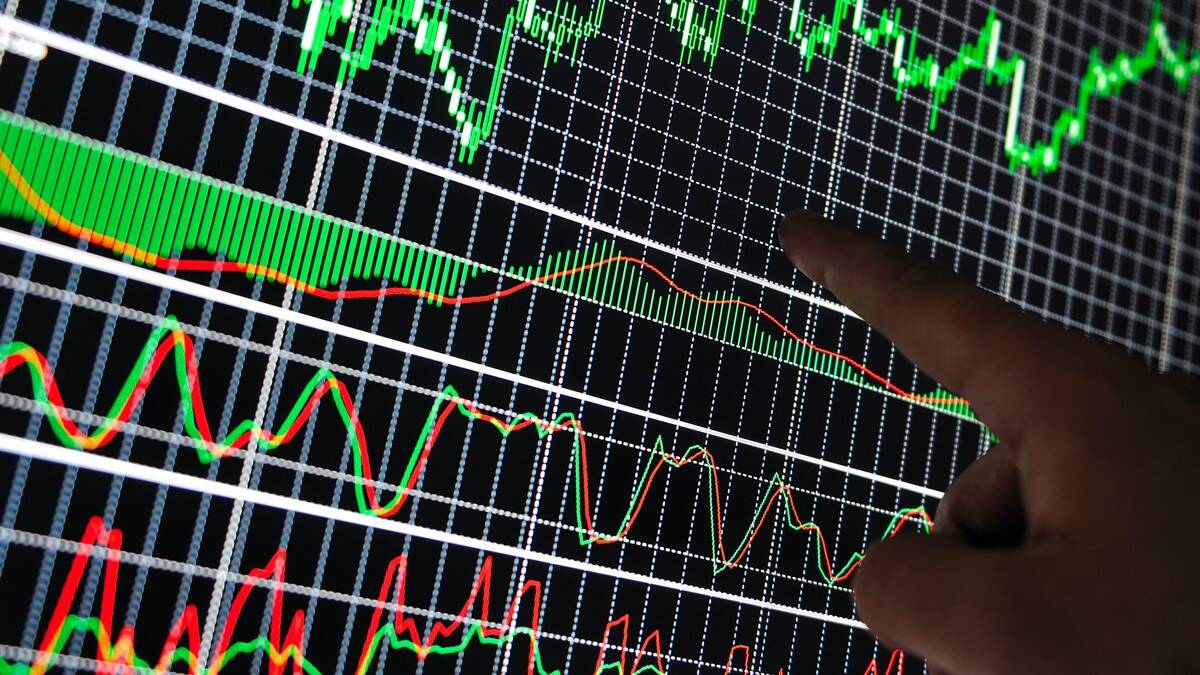Forex indicators

The Forex market is a dynamic environment where making informed decisions relies on analyzing a variety of factors. One of the primary tools that assist traders in this process is the use of indicators.
Indicators provide objective data derived from mathematical calculations, helping to minimize the emotional impact on trading decisions. They can either confirm or contradict signals obtained from other analytical sources, which aids traders in making more informed choices. By identifying potential entry and exit points in the market, indicators enhance the likelihood of executing successful trades.
There is a wide array of indicators available in the Forex market, and the choice of which to use often depends on a trader’s style and strategy. For trend trading, moving averages or the Moving Average Convergence Divergence (MACD) indicator can be particularly useful. If your strategy is focused on short-term trades, oscillators like the Relative Strength Index (RSI) or Stochastic Oscillator can prove invaluable.
Traders frequently combine multiple indicators to generate more reliable signals. For instance, pairing moving averages with an oscillator can help confirm trends and determine optimal entry points into the market.
Before applying indicators on live accounts, it’s critical to test them using historical data or on a demo account. This practice allows traders to assess the effectiveness of specific indicators under various market conditions and to optimize their settings for better alignment with their trading strategies.
Since the market is constantly changing, indicators can sometimes yield false signals in different market scenarios. Traders should be prepared to adapt their indicators and strategies as market conditions fluctuate.
Gaining a solid understanding of how indicators function comes with experience. Successful traders continuously seek education and enhancement of their skills to use indicators effectively and make well-informed trading decisions.
Indicators are powerful tools for market analysis and forecasting. Their proper usage can help determine market trends, identify support and resistance levels, and facilitate educated decisions about when to enter and exit positions. When combined with other analytical methods and strategies, indicators contribute significantly to successful trading on the Forex market.
Ultimately, mastering the use of indicators requires not only technical knowledge but also a firm grasp of market psychology and current economic conditions. As traders develop their abilities, they become more adept at utilizing indicators to navigate the complexities of the Forex landscape, thereby improving their chances of achieving consistent profitability in their trading endeavors.